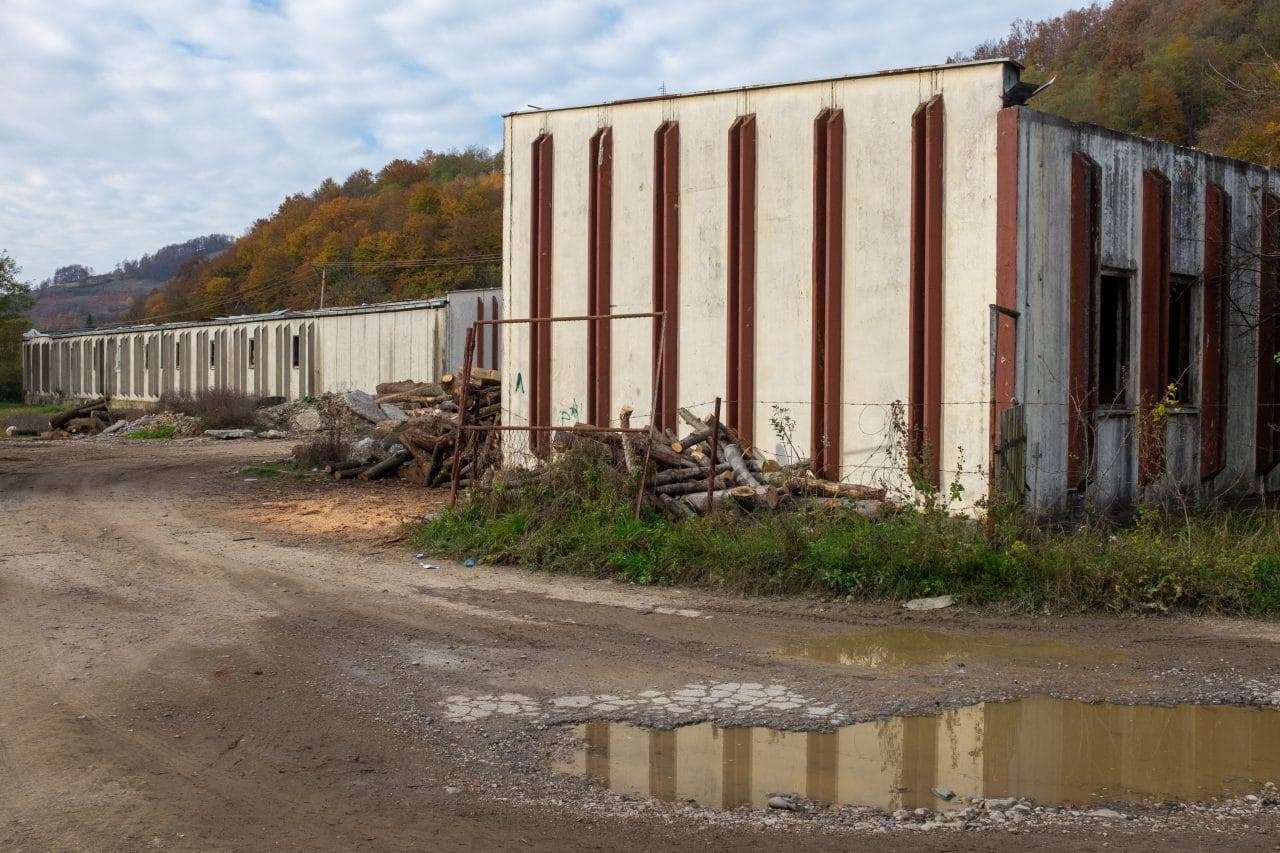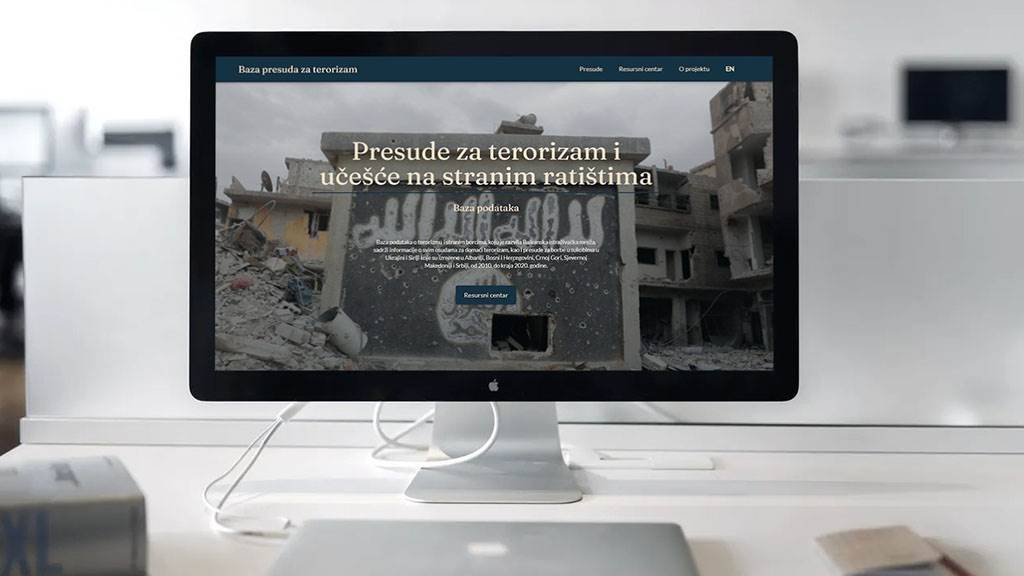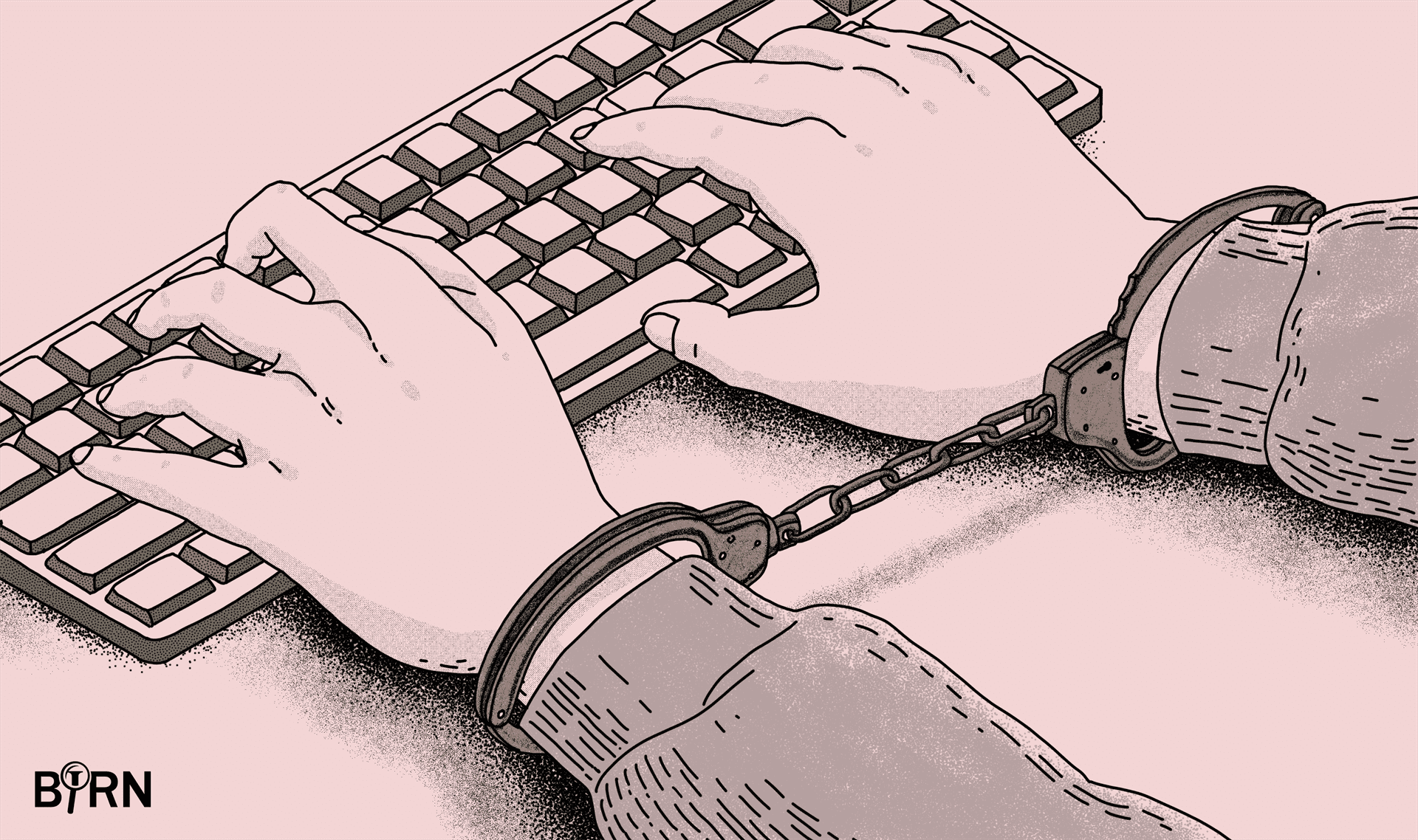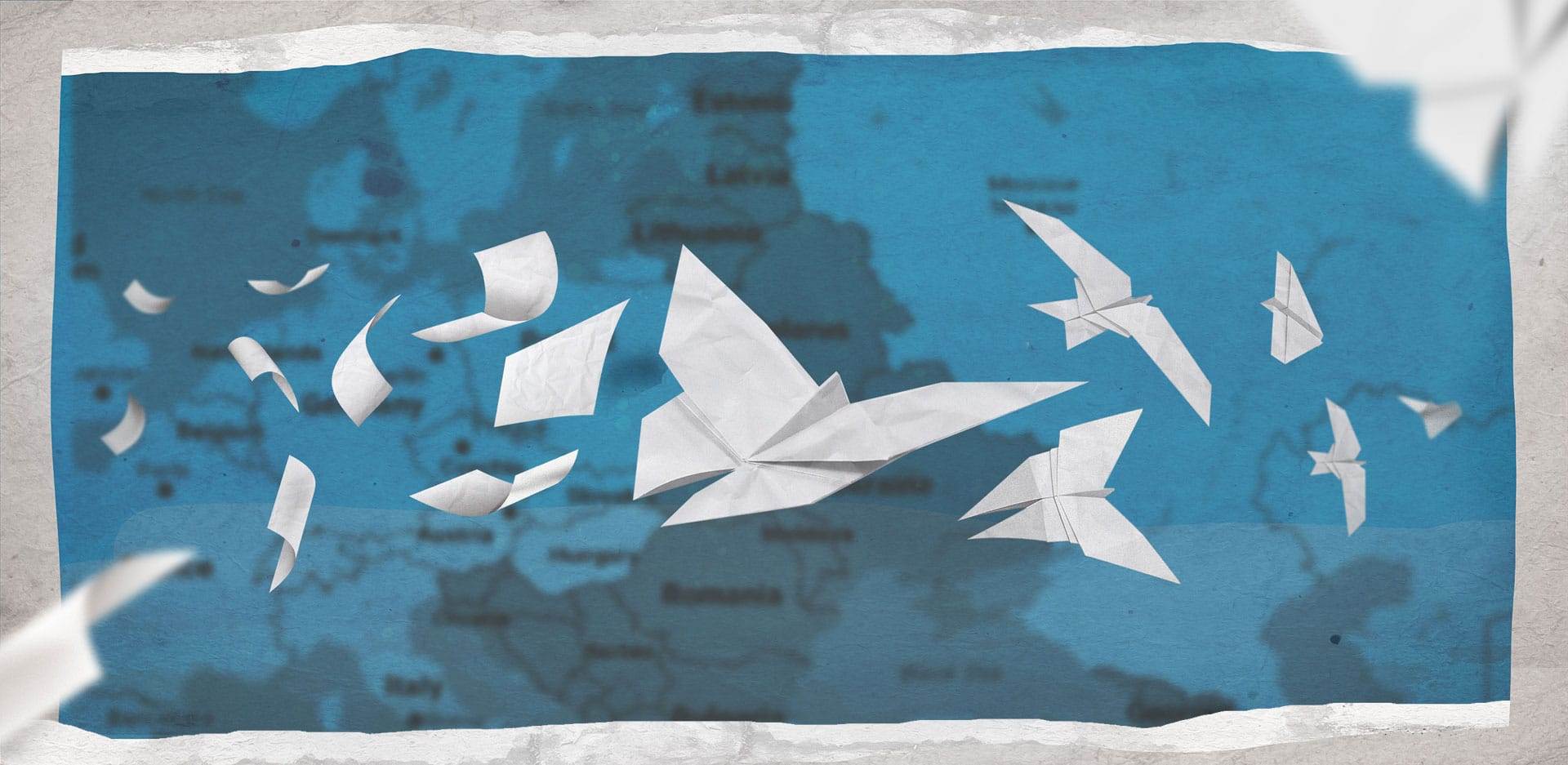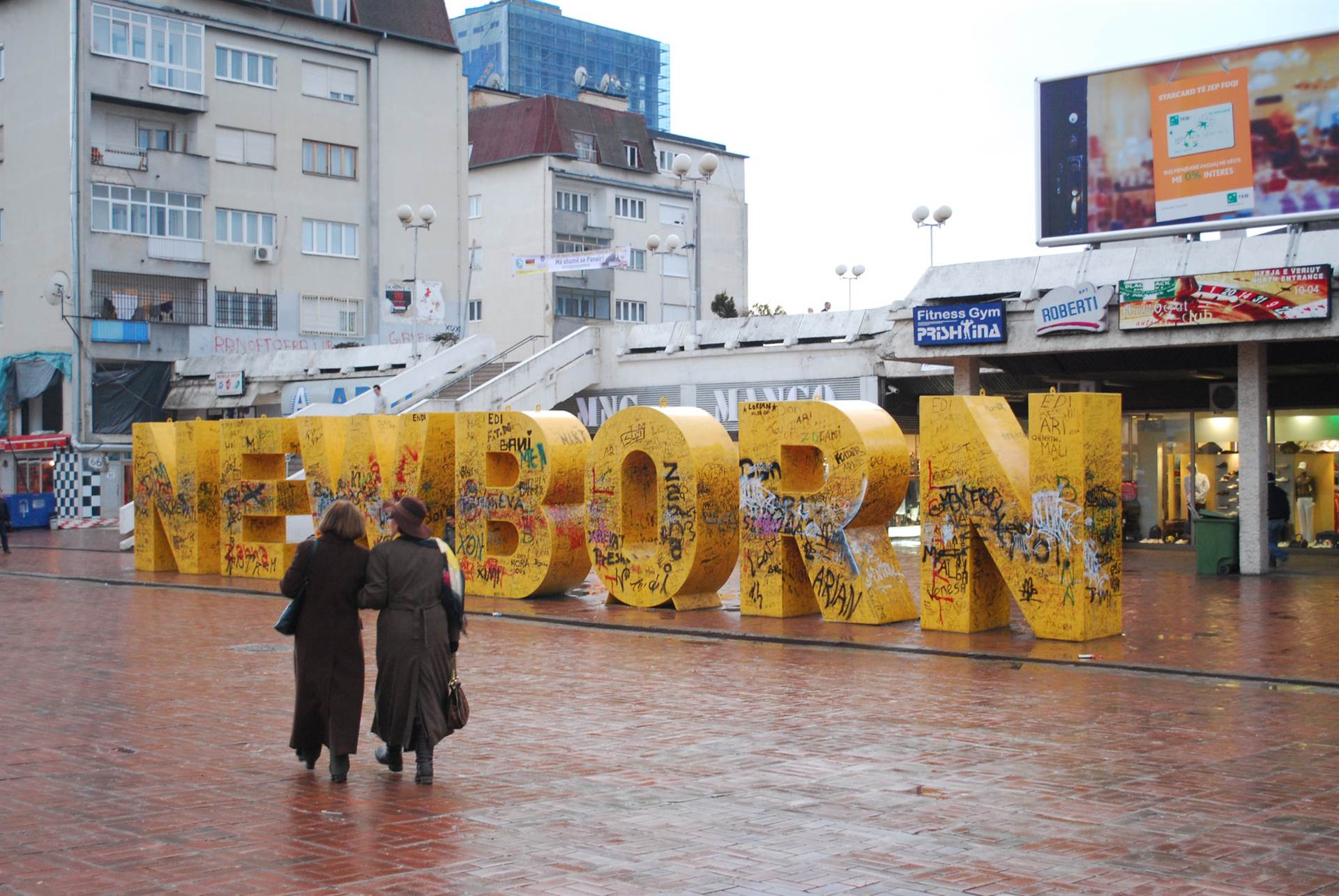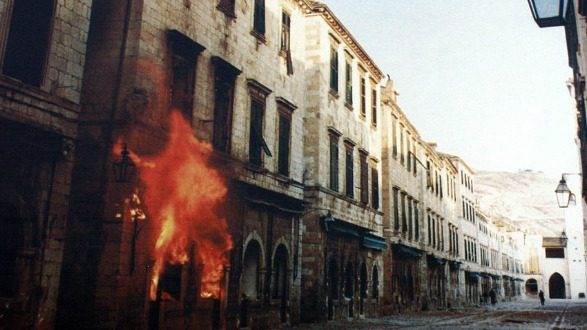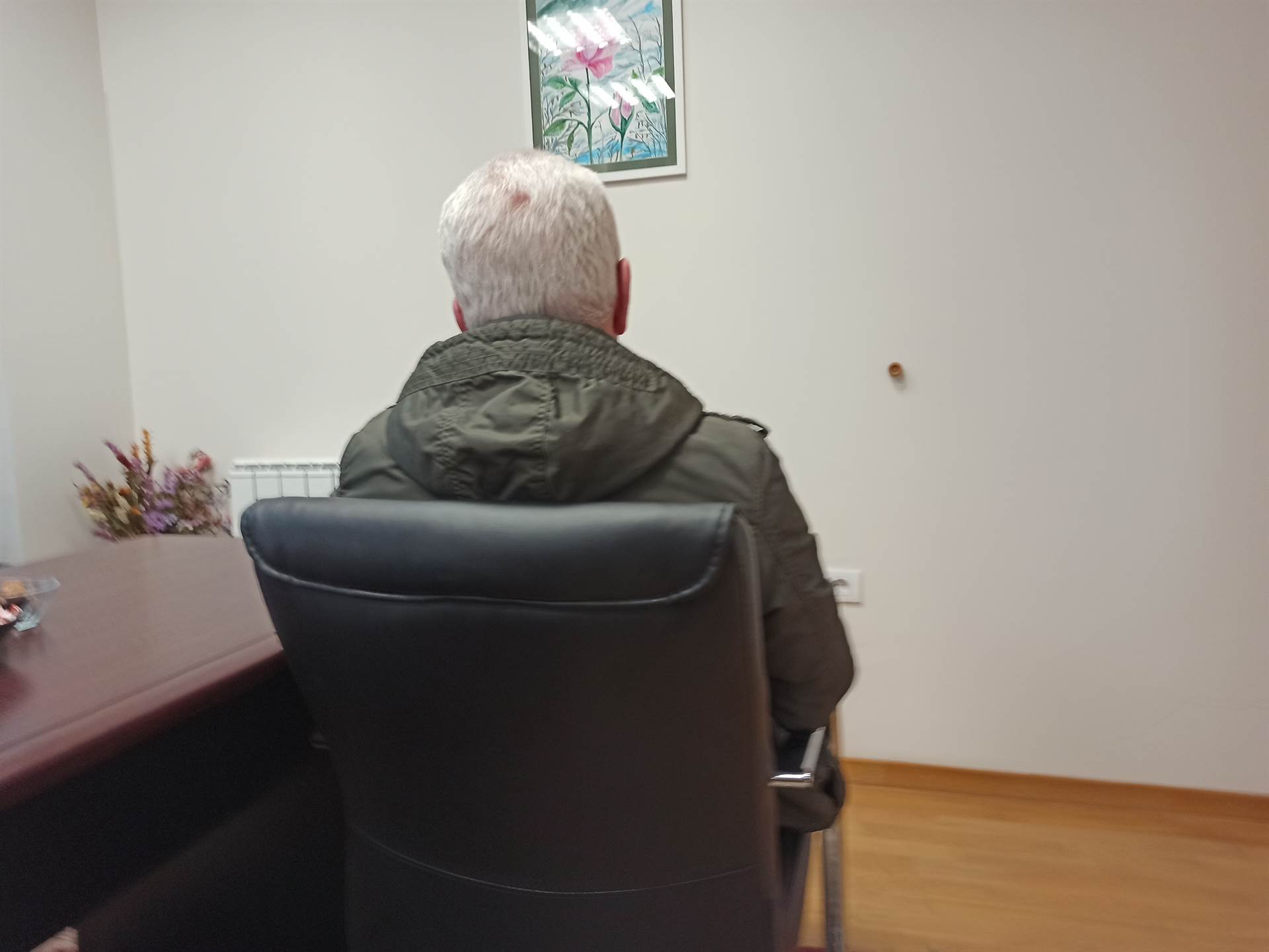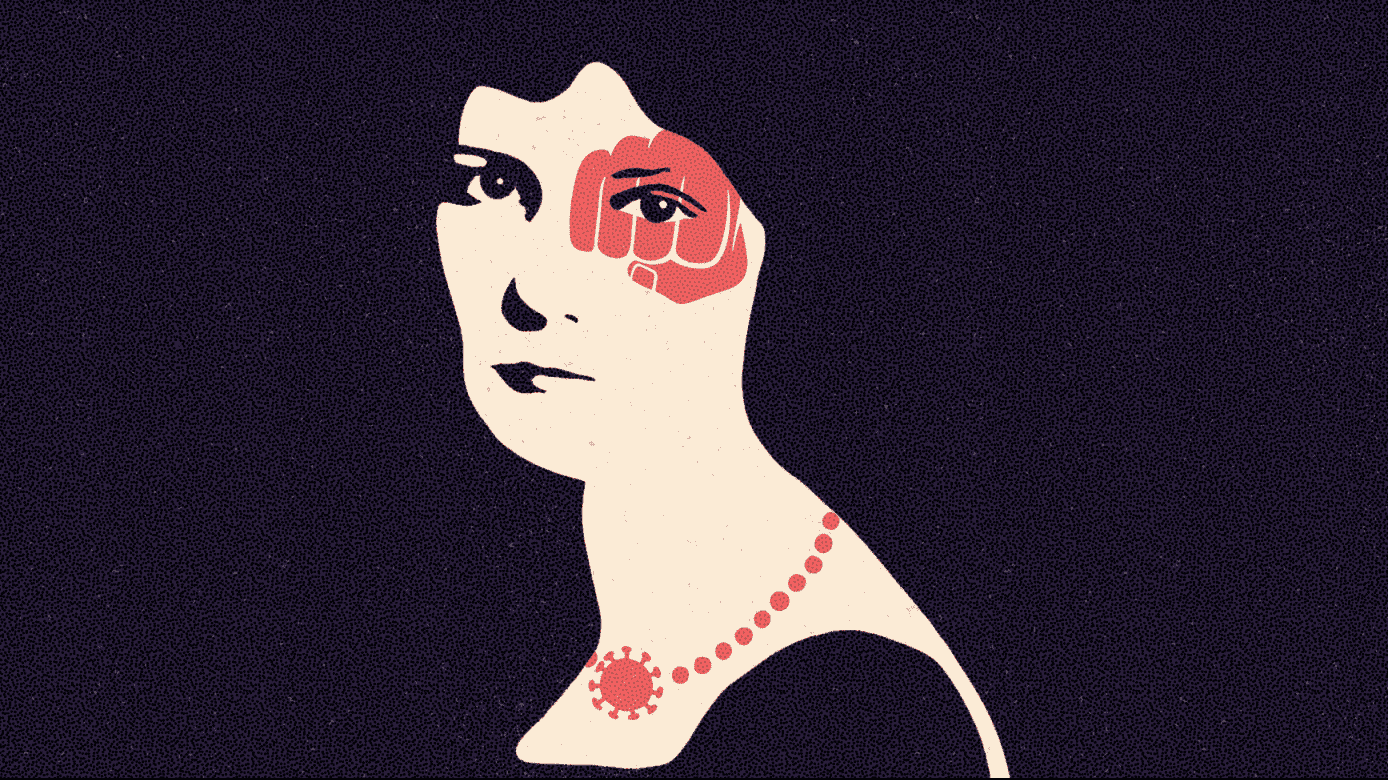BIRN’s newly-updated database of wartime mass graves shows that few of the 94 sites where Srebrenica victims were buried have been marked, while others have become overgrown or been used...
BIRN’s unique new database includes court verdicts handed down in Albania, Bosnia and Herzegovina, Montenegro, North Macedonia and Serbia for domestic terrorism and for going abroad to fight in the...
A BIRN research of the working conditions facing journalists in the Balkans since the onset of the COVID-19 pandemic makes for grim reading.
In trying to control the pandemic narrative, governments in the region have turned to draconian tools, muzzling media, arresting critics and bombarding social media giants with requests to take down...
Our world looks very different today to how it did a year ago, and no doubt it will look very different again when we eventually emerge from this pandemic. No...
The Kosovo government is making a second attempt to set up a War Crimes Research Institute - but experts are sceptical because of the authorities’ two-decade-long failure to properly document...
The Montenegrin parliament will collate statements, indictments and trial judgments related to war crimes in which the country was involved in the 1990s for a Documentation Centre that will be...
Men who were raped or sexually assaulted during the 1992-95 Bosnian war have long been reluctant to speak out for fear of stigmatisation, but now attempts are being made to...
The evidence suggests rates of domestic abuse are up since states in the Balkans began imposing strict limitations on movement in the fight against COVID-19. “Before the quarantine he would...
